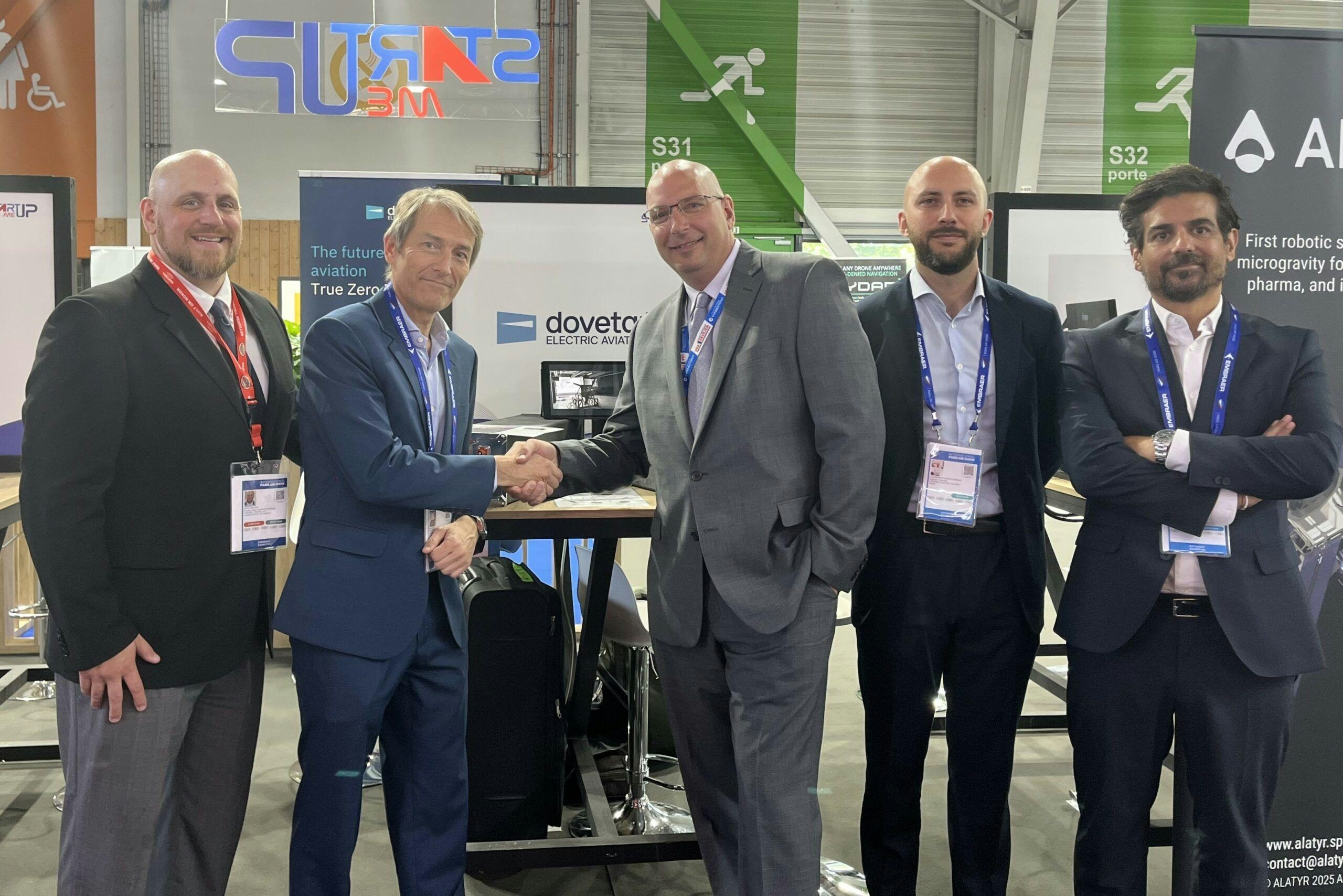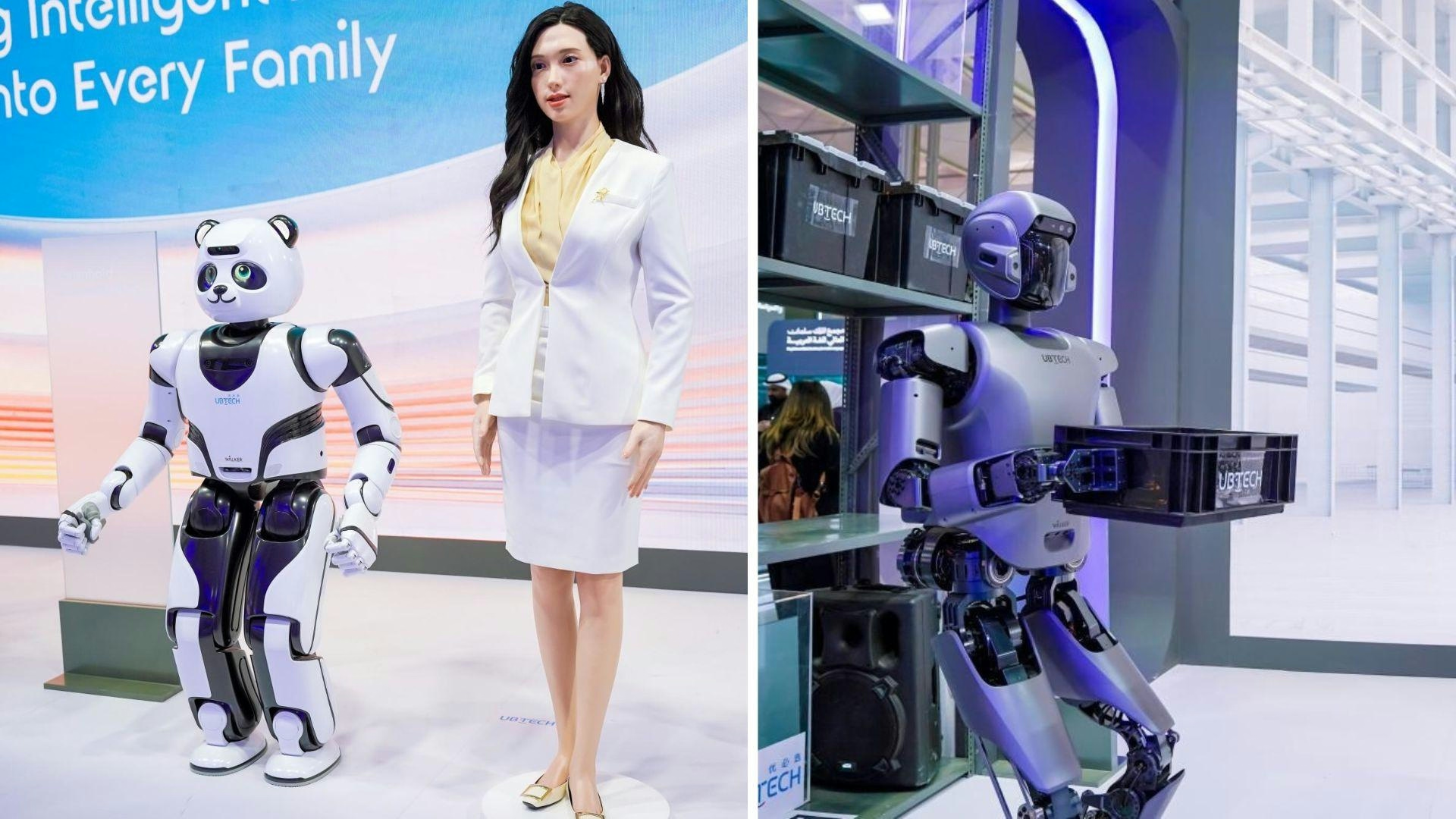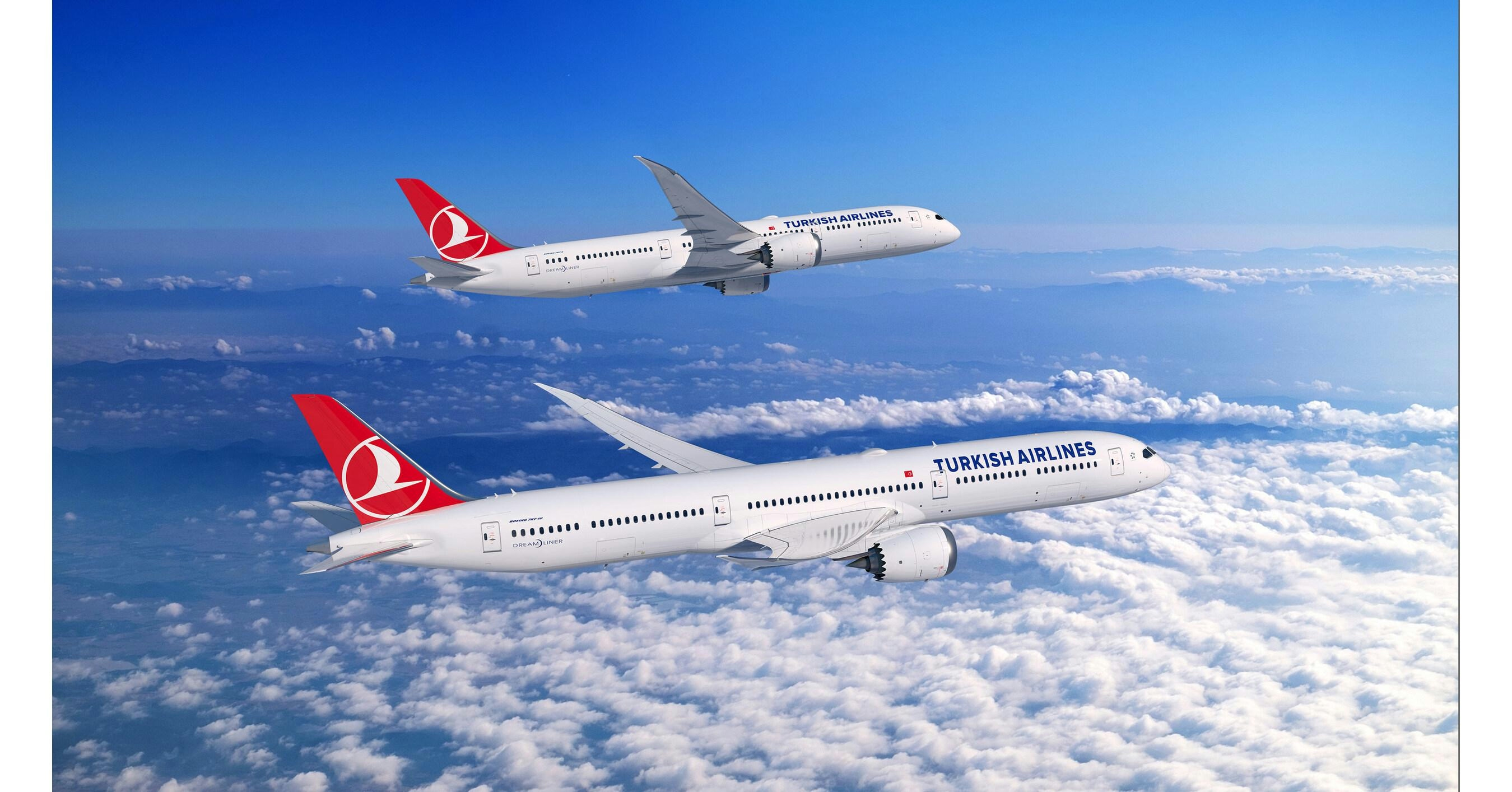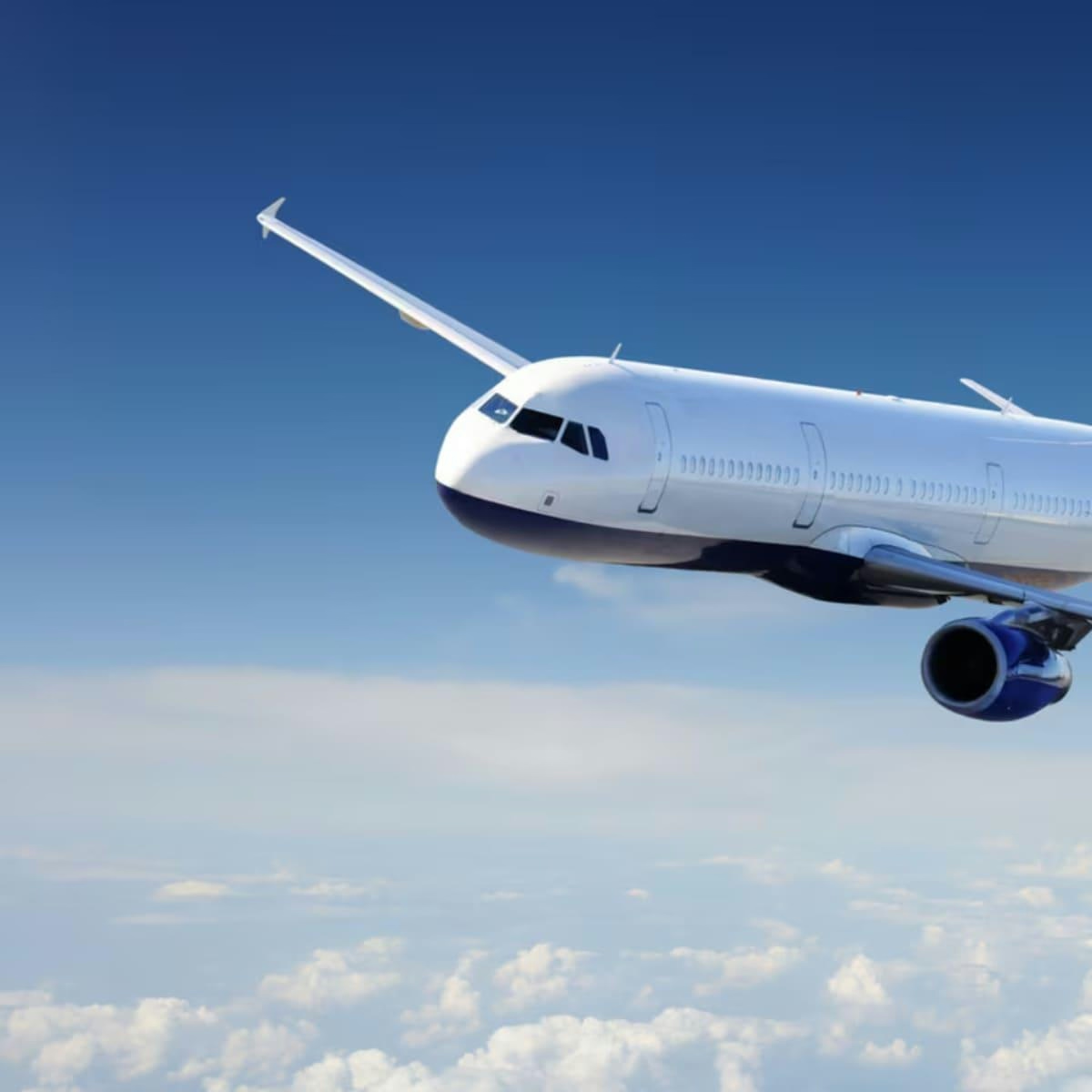エアロジニー — あなたのインテリジェントな副操縦士。
現在のトレンド
Categories
King Air Operator Zeusch to Develop Hybrid-Electric Conversion with Dovetail

King Air Operator Zeusch to Develop Hybrid-Electric Conversion with Dovetail
Zeusch Aviation, a prominent operator of the Beechcraft King Air series, has announced a strategic partnership with Australian aerospace firm Dovetail Electric Aviation to develop a hybrid-electric conversion for the King Air aircraft. This collaboration represents a significant advancement in efforts to promote greener regional aviation by integrating hybrid-electric propulsion systems into existing aircraft.
Advancing Hybrid-Electric Propulsion for Regional Aircraft
The joint initiative seeks to retrofit King Air planes with a propulsion system that combines traditional engines and cutting-edge battery technology. This approach aligns with the broader industry objective of reducing emissions and lowering operating costs in regional air transport. However, the project faces considerable technical and regulatory challenges. Integrating advanced battery systems with the King Air’s established architecture demands complex engineering solutions, including substantial modifications to avionics, power management, and safety systems to ensure smooth operation between electric and conventional power sources.
Moreover, the hybrid-electric conversion must comply with rigorous certification standards, which introduces additional layers of regulatory scrutiny and could extend development timelines. The financial implications are also significant. The costs associated with research, development, flight testing, and regulatory approval are substantial and may affect the commercial viability of the project, particularly in a market where operators are cautious about upfront expenditures and long-term returns.
Industry Response and Competitive Dynamics
Reactions within the aviation sector to Zeusch and Dovetail’s announcement have been mixed. While some industry experts view the initiative as a necessary progression toward sustainable aviation, others express skepticism regarding the performance, reliability, and safety of hybrid-electric systems, which remain relatively unproven in commercial operations. Concerns persist about battery endurance, maintenance demands, and whether hybrid aircraft can maintain the operational flexibility characteristic of conventional models.
The competitive environment is intensifying as well, with companies such as Daher, Safran, and Collins Aerospace accelerating their own hybrid-electric propulsion programs. This surge in activity may drive innovation but also risks creating fragmented standards and competing proprietary technologies, complicating industry-wide adoption.
Despite these obstacles, Zeusch and Dovetail are positioning their hybrid-electric King Air conversion as a pragmatic step toward decarbonizing regional aviation. Success in this venture could catalyse broader acceptance of hybrid-electric technology across various aircraft types, potentially transforming the future landscape of short-haul air travel. As the aviation industry confronts increasing pressure to reduce its environmental impact, the progress and outcomes of this partnership will be closely monitored by operators, regulators, and competitors worldwide.

Four Gateway Towns to Lake Clark National Park

PRM Assist Secures €500,000 in Funding

InterGlobe Aviation Shares Rise 4.3% Following January Portfolio Rebalancing

Key Market Segments Shaping Airline Route Profitability Software

Locatory.com Gains Traction Among Aviation MROs and Suppliers

58 Pilots Graduate from Ethiopian University

The Engine Behind Boeing’s Latest Widebody Aircraft

UBTech Shares Rise After Airbus Orders Humanoid Robots

Boeing’s Widebody Jet Sales Surge Signals Shift in Global Air Travel

French Aircraft Design Claims to Reduce Energy Consumption by Elevenfold
